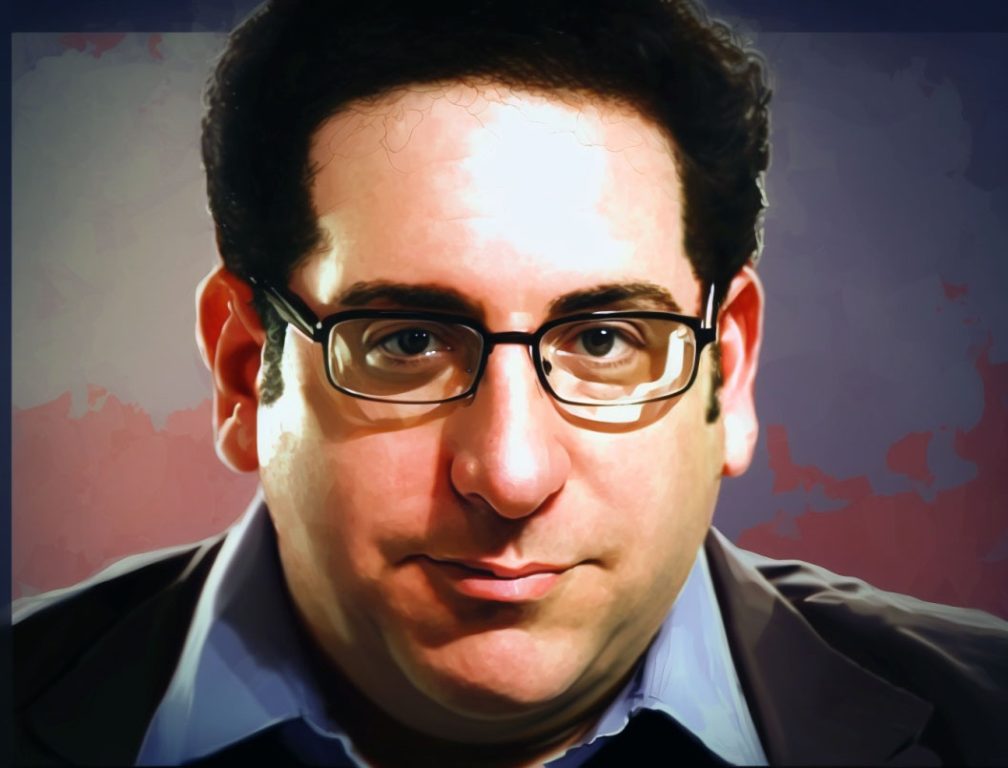Richard Stallman is an American computer programmer and free software advocate. He’s best known for launching the GNU Project in 1983 to create a free Unix-like operating system.
Stallman also kick-started the free software movement and established the Free Software Foundation in 1985. He’s widely recognized for developing several software programs, including the GNU Compiler Collection, the GNU Emacs text editor, and the GNU Debugger.

Stay One Step Ahead of Cyber Threats
Richard Stallman has made significant contributions to digital freedom and open software, shaping the modern digital era.
1. Richard Stallman’s Contributions to Open Source Software
Richard Stallman’s work forms the backbone of open-source software development. His innovative contributions have significantly influenced the global tech industry. A computer programmer by profession, he led the way in advocating for software freedom.
Among his notable contributions, the GNU Compiler Collection, the GNU Emacs text editor, and the GNU Debugger stand out. These tools are critical in modern software development, enabling programmers to write, modify, and debug code more effectively.
His tools were revolutionary because they came without usage restrictions, marking a significant shift from the conventional closed-source software that dominated the industry before.
In addition, Stallman played a pivotal role in producing the GNU General Public License (GPL).
This license facilitates the legal sharing and modification of software, freeing it from traditional copyright system constraints.
As a result, it has fostered innovation and breathed life into a multitude of open-source projects globally.
2. The Launch and Impact of the GNU Project
Richard Stallman initiated the GNU Project in 1983 with the aim of creating a Unix-like operating system that is free for everyone to use, study, modify, and distribute. This marked an entirely new approach to software development that was centered on fostering community and collaboration.
The GNU Project brought us the GNU operating system, which is free software: everyone has the freedom to copy and redistribute it, with or without changes.
Regardless of their skill level, anyone could contribute to the development process. The high degree of adaptability and openness allowed for the quick expansion and refinement of open-source software.
Over time, the GNU Project proved to be a game-changer, it revolutionized the concept of library sharing and inspired numerous similar initiatives. It promoted a culture of digital sharing, leading to the origin of many popular software and tools used today.
In fact, many elements of the widely-used Linux operating system are derived from Stallman’s GNU Project.
3. Richard Stallman and the Birth of the Free Software Movement
Richard Stallman is regarded as the father of the free software movement. With an aim to ensure digital freedom, he kicked off this movement alongside his work on the GNU Project.
His vision was not only about open access to software but also about granting users the liberty to understand, modify, and share software.
The concept of free software goes beyond price – it’s about preserving the freedom of users to control their digital experiences.
This vision was a radical shift from the restricted and proprietary norms of the software industry then. His ideas challenged the monopolistic practices prevalent in the software landscape and enabled a fair digital playing field.
The Free Software Foundation, established by Stallman in 1985, continues to promote software freedom. It influences tech industry decisions, advocates for user rights, and battles restrictive legislation.
Stallman’s influence continues to shape policy, encourage volunteer collaboration, and open up technology to everyone.
Conclusion
Richard Stallman has made monumental contributions to the world of open-source software and digital freedom.
His vision and initiatives, including the GNU Project, the free software movement, and the Free Software Foundation, have redefined software development practices and still remain a driving force in the tech industry today.
Key Takeaways
- Richard Stallman is the trailblazer of the free software movement and open-source development.
- His GNU Project has been central to the development of many modern software and technological advancements.
- The Free Software Foundation, set up by Stallman, continues to advocate for digital freedom and user rights.
- He developed the GNU Compiler Collection, GNU Emacs text editor, and the GNU Debugger, among other tools for software development.
- His work has profoundly influenced the software industry and continues to shape technological policies globally.
Related Questions
1. What were Richard Stallman’s main philosophies about software?
Stallman firmly believed in software freedom, the idea that users should be free to use, modify, and distribute software. He advocated for software to be open-source, allowing users to fully understand and customize it to meet their needs.
2. How did Richard Stallman pioneer the concept of free software?
Stallman pioneered free software with the launch of the GNU Project and the establishment of the Free Software Foundation. He also created the GNU General Public License, which legally enforces the principles of software freedom.
3. Why is the GNU Project significant in the software industry?
The GNU Project is significant because it introduced a new model of software development that encourages collaboration, innovation, and freedom. It allowed the creation of free, open-source operating systems, influencing the development of many modern software tools.
4. What is the aim of the Free Software Foundation, started by Richard Stallman?
The Free Software Foundation aims to promote computer user freedom and to defend the rights of all software users. Its mission also includes enabling everyone to freely use, study, copy, modify, and distribute software.
5. What are some of the essential tools developed by Richard Stallman?
Stallman developed several essential software tools, notably the GNU Compiler Collection, the GNU Emacs text editor, and the GNU Debugger. These tools have greatly facilitated software development by enabling efficient code writing, processing, and debugging.
"Amateurs hack systems, professionals hack people."
-- Bruce Schneier, a renown computer security professional






